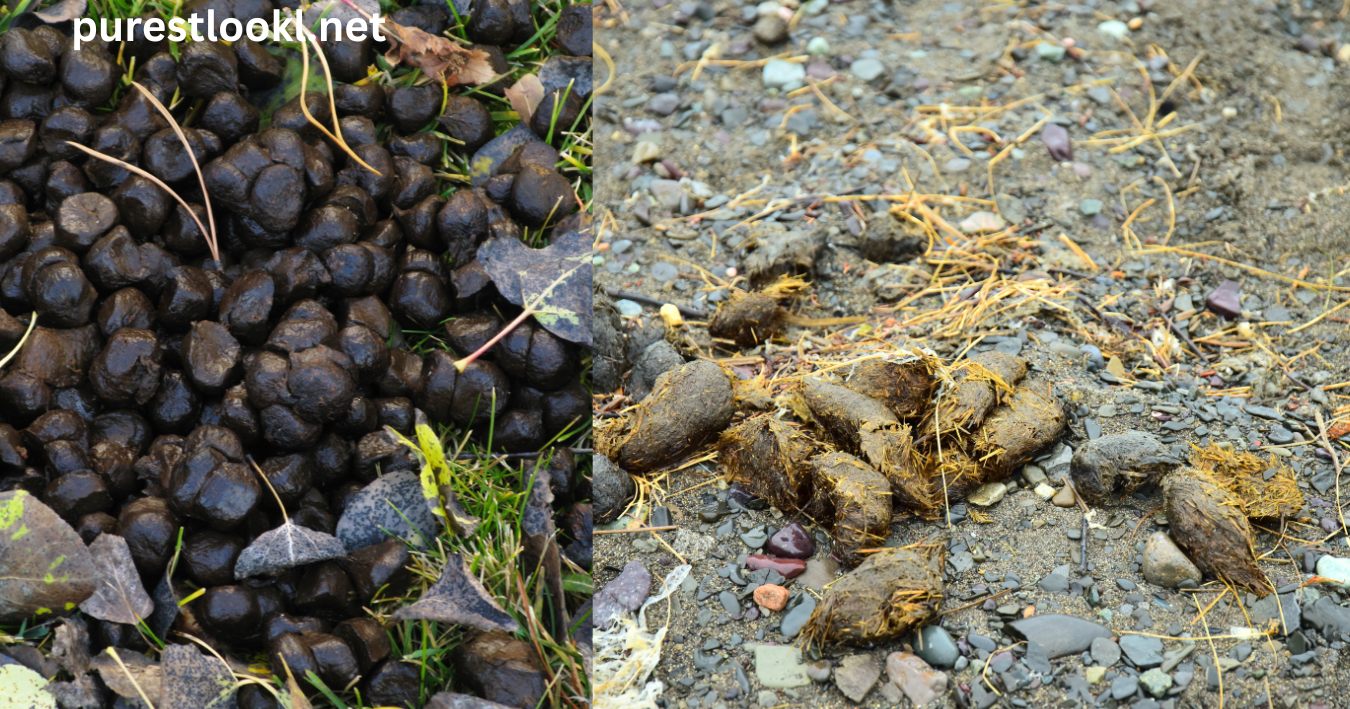Understanding what bear scat looks like can provide insights into wildlife behavior and help you stay safe during outdoor adventures. This article offers a detailed look at identifying bear scat, its characteristics, and why it’s essential for nature enthusiasts. The article is packed with reliable information, easy-to-read tables, and expert FAQs to answer all your questions.
How to Identify Bear Scat
Bear scat varies based on the bear species, diet, and location. Common features include its size, shape, and content.
Characteristics of Bear Scat
| Feature | Description |
|---|---|
| Size | 5–12 inches in length, 1.5–2.5 inches wide |
| Shape | Cylindrical or tubular |
| Color | Dark brown to black, sometimes greenish |
| Content | Seeds, berries, fur, or insects |
Differences Between Black Bear and Grizzly Bear Scat
Black bear scat and grizzly bear scat can look similar but have distinct differences.
Comparison Table
| Feature | Black Bear Scat | Grizzly Bear Scat |
|---|---|---|
| Size | Smaller, up to 10 inches | Larger, often exceeding 12 inches |
| Content | More fruits and seeds | More fur and bones |
| Location | Near berry bushes | Near streams or animal trails |
Why Is It Important to Recognize Bear Scat?
- Safety: Identifying bear scat helps assess proximity to bears.
- Ecology: It offers insights into bear diets and habitats.
- Hiking Awareness: Knowing the type of bear in the area can prepare you for encounters.
What Does Seasonal Variation Tell Us?
Bear scat changes with the seasons based on dietary shifts.
| Season | Common Content |
|---|---|
| Spring | Grass, insects, early vegetation |
| Summer | Berries, fruits |
| Fall | Nuts, seeds, animal remains |
How to Differentiate Bear Scat from Other Wildlife
Many animal droppings can be mistaken for bear scat. Here’s how to differentiate:
| Animal | Unique Traits of Scat |
|---|---|
| Deer | Small, pellet-shaped |
| Coyote | Twisted with fur or bones visible |
| Mountain Lion | Tapered at the ends, segmented |
Conclusion
Identifying bear scat is an essential skill for hikers, campers, and nature enthusiasts. By understanding its size, shape, and content, you can gain valuable insights into bear behavior and ensure safety in wildlife areas. This guide equips you with the knowledge to identify and interpret bear scat confidently, enhancing your outdoor experiences.
FAQs
What Does Bear Scat Look Like in Spring?
In spring, bear scat is often greenish with grass or early vegetation content.
Can You Tell a Bear’s Diet from Its Scat?
Yes, bear scat often reflects their diet, including berries, insects, and animal remains.
How Do You Know If Bear Scat Is Fresh?
Fresh bear scat is moist and shiny, while older scat appears dry and crumbly.
Is It Safe to Touch Bear Scat for Identification?
It’s not recommended; use a stick or tool to inspect it for safety.
What Should You Do If You Find Bear Scat Nearby?
Leave the area calmly and avoid making loud noises
